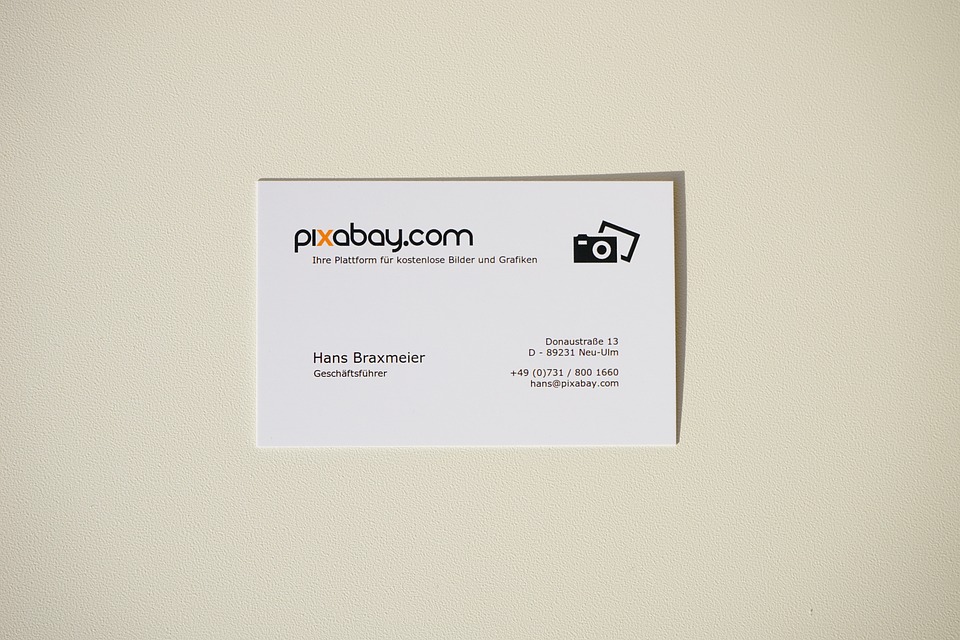Market research has always been a crucial component of business strategy, helping companies understand consumer behavior, preferences, and trends in order to make informed decisions. However, the advent of the digital age has revolutionized the way market research is conducted, analyzed, and utilized.
In the past, market research was often time-consuming and costly, involving surveys, focus groups, and other traditional methods of data collection. However, with the rise of the internet and digital technologies, companies now have access to vast amounts of data that can be collected and analyzed in real-time.
One of the major shifts in market research in the digital age is the emphasis on big data. With the proliferation of social media, e-commerce platforms, and other online sources, companies can now gather enormous amounts of data on consumer behavior and preferences. This data can be analyzed using advanced analytics tools to provide insights into consumer trends, sentiment, and behaviors.
Another major evolution in market research is the rise of online surveys and panels. Companies can now easily reach target audiences through online survey platforms, allowing them to gather feedback and insights quickly and cost-effectively. Online panels also enable companies to engage with consumers on an ongoing basis, gathering feedback and insights over time.
Furthermore, digital technologies have enabled companies to conduct market research in more innovative ways. Virtual reality and eye-tracking technology, for example, can provide insights into consumer behavior and preferences in ways that were not possible before. Additionally, artificial intelligence and machine learning algorithms can help companies analyze data more efficiently and accurately, providing valuable insights for decision-making.
The digital age has also changed the way market research is used by companies. With real-time data and analytics, companies can now make faster and more informed decisions, reacting to changing consumer trends and preferences quickly. Market research is no longer just a one-time event but a continuous process that informs every aspect of a company’s strategy and operations.
In conclusion, the evolution of market research in the digital age has transformed the way companies understand and engage with consumers. With access to vast amounts of data, advanced analytics tools, and innovative technologies, companies can now gather insights in real-time, enabling them to make faster and more informed decisions. Market research is no longer a static process but a dynamic and continuous one that is essential for success in today’s fast-paced business environment.




